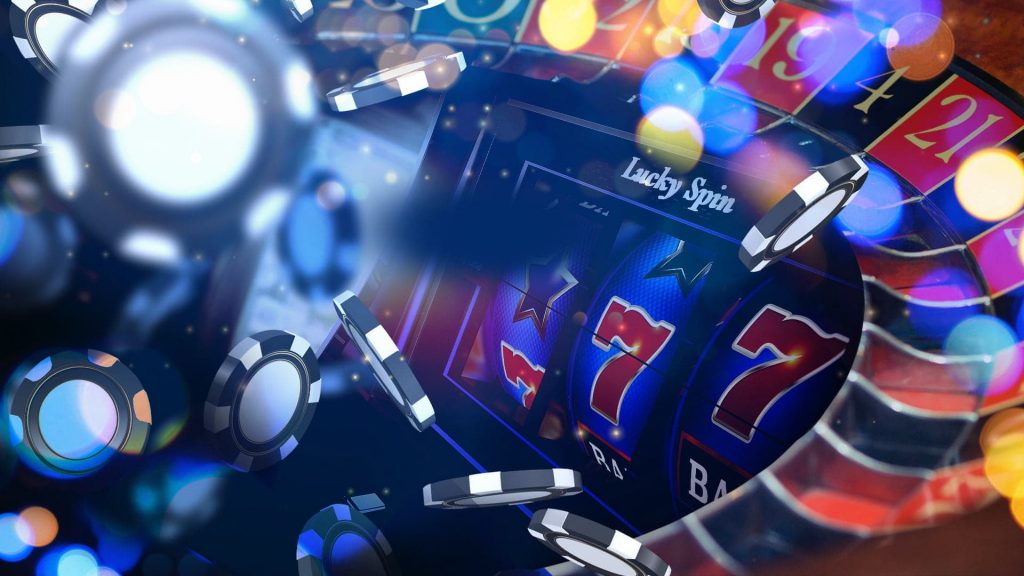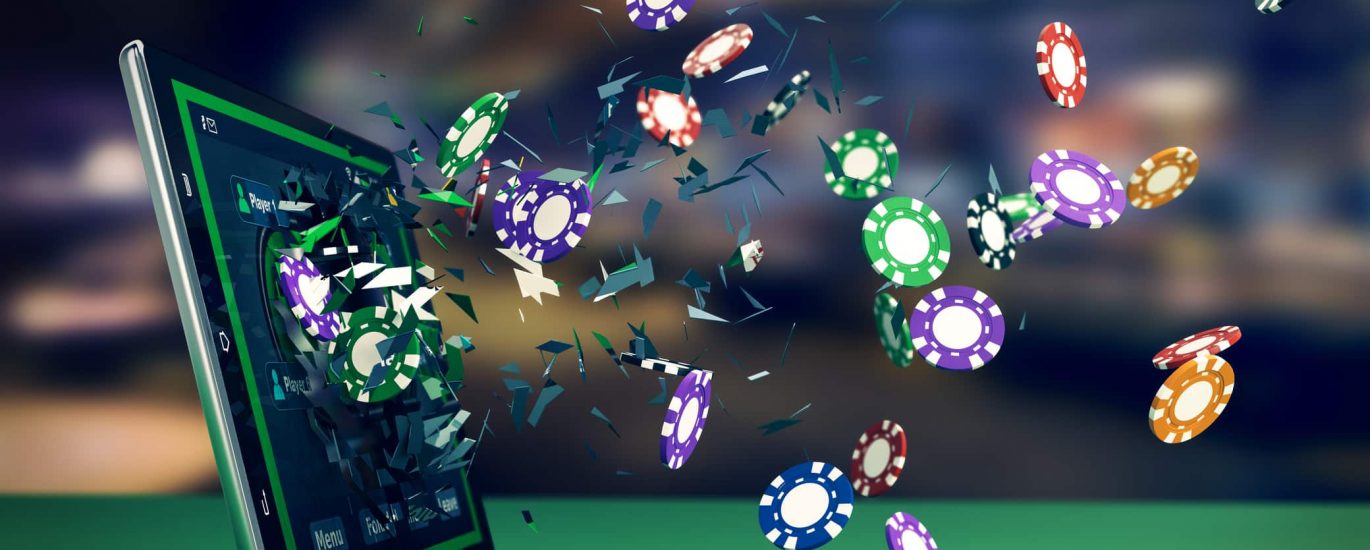Gambling addiction has already reached pandemic proportions, and it is seen not just in children and adolescents, but also in adults. A typical adolescent spends up to six hours every day on the computer. Approximately 70% of youngsters are addicted to viodeo games containing violent and harsh themes. People also tend to be addicted to gambling at BetChan Casino Canada
Such mania is thought to be the result of serious psychological disorders. People use computer games and online casinos to escape from real events that bother them or to replace a missing element: the attention of loved ones, the absence of a loved one, social standing.
Reasons

The following are thought to be possible reasons of gambling addiction:
- Various mental illnesses (psychopathy).
- Human character flaws, such as complexes and timidity, can contribute to the establishment of such dependencies.
- Many individuals use casino games to express their childhood desires and concerns.
- Communication breakdown. This is a particularly pressing issue for children and teenagers whose parents are continuously on the go.
- Conflicts inside the family. To escape family scandals, individuals frequently immerse themselves in an imagined world, which only exacerbates the issue.
- When a person is terrified of interpersonal connections and actual society, they have social phobias. Computer games allow him to escape from reality and feel significant and powerful. For him, the computer serves as both an interlocutor and a companion.
Stages of Gambling Addiction
Gambling addiction does not develop all at once; there are various phases, each of which is marked by certain indications and changes in the dependent’s behavior. Each stage is distinguished by the acquisition of new pathological addictions.
Preparatory Stage
In this stage there is an increase in sensitivity to gaming. Low self-esteem, inability to control their emotions, a lack of desire to accept criticism, aggression, impulsivity, and hyperactivity, increased anxiety, depression, and stress, and a proclivity to immerse themselves in the fantasy world all contribute to the development of gambling addiction in adults and children.
This is true not only for gambling platforms. At the same time, a person is driven by an insatiable urge to take risks while maintaining his self-esteem. Gradually, an instinctive need for particular types of games emerges. If such a psychological condition is not recognized and remedied, the sickness progresses to the next stage.
The Stage of Winning
This stage happent when the perception of the game is created in human awareness as a method to realize oneself and occasionally to obtain material rewards The mind begins to fog, and even a minor victory piques curiosity. The illusion is established that a person determines his own destiny while also having the opportunity to prove his superiority to others. At this point, a person is unable to comprehend the implications of his actions. Dissatisfaction and criticism from relatives might be interpreted negatively as an attempt to call the player’s self-realization and achievement into doubt.
The Stage of Loss
This stage happens when players find themselves trapped in a loop of certain occurrences. The availability of a material opportunity does not always encourage their desire to play. They squander all available finances and even borrow money. After a string of losses, they lose their motivation to play for a while, and an illusory comprehension of their blunders replaces it.
However, in the presence of certain inciting stimuli (for example, newly appearing advertisements or material chances), a person returns to his desire, and history repeats again. The shorter the time between cycles, the more advanced the illness. The player’s level of worry rises as a result of his terrible financial circumstances and continuous losses; he gets resentful and irritated.
The Stage of Despair
A person’s interest in everything else wanes as a result of the systematic urge to play. Problems develop at school or at work, the circle of communication shifts, and his psychological state prevents him from functioning normally in the family. Loved ones become weary of continual deceptions, debts, and unpleasant attitudes and begin to withdraw gradually. The player frequently realizes that the root cause of everything is addiction, yet all attempts to restrain themselves fail.
A sad psychological condition frequently leads to the overuse of alcoholic drinks or narcotics, exacerbating the disorder. People in such a situation are free to breach the law, sell existing real estate and possessions, and take out loans. The only answer a person sees is the possibility of continuing to play in order to address their material and social difficulties with a single triumph.
The Stage of Hopelessness
In this stage the patient is conscious of his addiction and recognizes that there is very little possibility of winning the jackpot, but he continues to play anyway. At the same time, they are governed by a need to feel similar feelings when playing the game, which is a form of psychological dependence.



